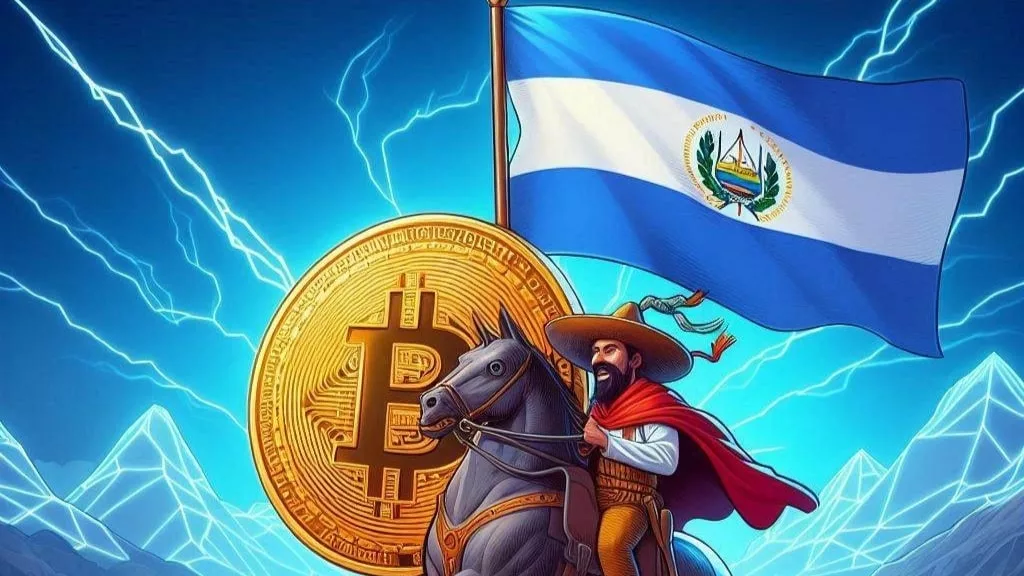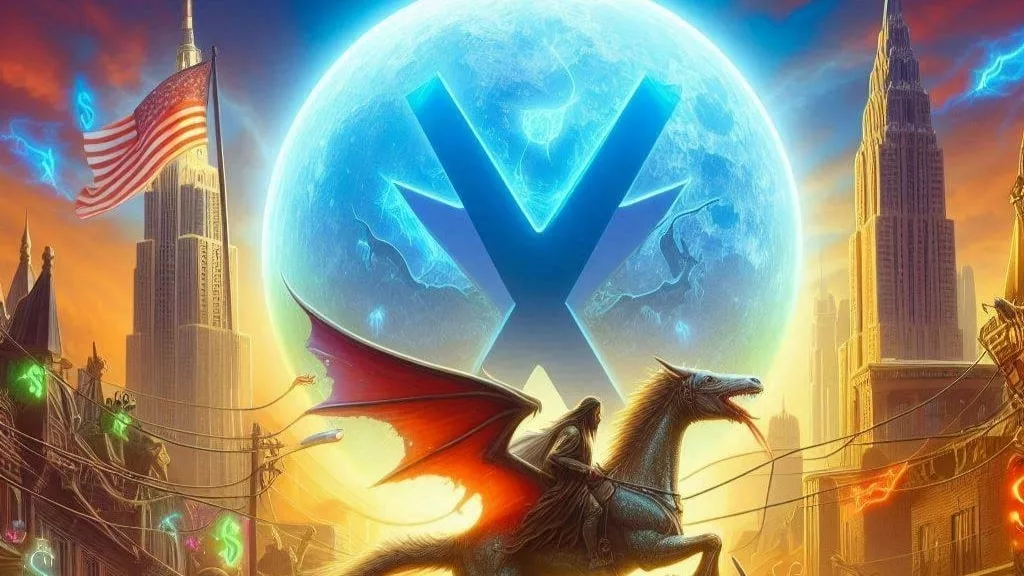
El Salvador’s ongoing Bitcoin accumulation strategy has fueled questions ever since the country entered into a loan agreement with the International Monetary Fund (IMF). Despite an agreement that called for the nation to scale back its Bitcoin purchases, El Salvador’s economy minister, Maria Luisa Hayem, has recently reiterated the government’s commitment to accumulating Bitcoin as part of a broader economic plan.
According to a report from Bloomberg, Hayem emphasized that the accumulation of Bitcoin remains a crucial part of El Salvador’s economic strategy, both from the government and the private sector’s perspective. “Bitcoin keeps being an important project. There is an asset accumulation that we’re seeing from the government perspective, from the private sector perspective,” she said. This stance aligns with the continued commitment from President Nayib Bukele, who has made Bitcoin a central part of his government’s vision for the country’s future.
The country first introduced Bitcoin as legal tender in 2021, making headlines for its bold move. This move was met with mixed reactions globally, with many questioning the long-term viability of such an experiment. However, despite some criticism and the country facing some financial pressures, the government has remained firm in its stance on Bitcoin as a long-term reserve asset.
The most recent development surrounding El Salvador’s Bitcoin purchases comes in the form of the country’s agreement with the IMF. In December 2024, El Salvador secured a $1.4 billion loan from the IMF, which included provisions on improving fiscal management and scaling back its Bitcoin purchases. According to the terms of the loan agreement, El Salvador had committed to halting any further accumulation of Bitcoin as part of the deal. This has raised questions about how the government continues to increase its Bitcoin holdings despite agreeing to scale back purchases.
In a statement issued earlier this week, the IMF addressed the matter, confirming that while El Salvador continues to acquire Bitcoin, it is not violating the terms of the agreement. Rodrigo Valdes, director of the IMF’s Western Hemisphere Department, stated that the country is still adhering to its “performance criteria” despite the continued Bitcoin accumulation. The IMF’s performance criteria refer to the conditions under which the loan was issued, including fiscal policies and structural reforms in the country.
Valdes clarified that while Bitcoin accumulation continues, the program that the IMF supports in El Salvador is not focused on Bitcoin itself. “The program of El Salvador is not about Bitcoin. It’s much more, much deeper in structural reforms, in terms of governance, in terms of transparency. There is a lot of progress there. And also, on fiscal. And authorities have been making a lot of progress implementing the reform,” he explained. The focus of the IMF’s program is on broader economic reforms, including improving governance, fiscal responsibility, and transparency, with Bitcoin being a smaller part of the country’s overall economic strategy.
El Salvador’s position regarding Bitcoin highlights the country’s commitment to diversifying its financial assets and creating new opportunities for economic growth. Despite the IMF’s oversight, the government continues to see Bitcoin as a valuable asset that can play a role in strengthening the country’s reserves. Bitcoin’s role in El Salvador is viewed by some as a potential hedge against inflation and a way to attract international investment, especially within the growing cryptocurrency sector.
This push to continue accumulating Bitcoin reflects the government’s belief in the cryptocurrency’s long-term value. It also signals that the country remains undeterred by global skepticism about the token. While the IMF has called for fiscal discipline, El Salvador’s leadership believes that continuing to invest in Bitcoin is a step toward securing its financial future.
The ongoing Bitcoin accumulation also coincides with El Salvador’s efforts to position itself as a cryptocurrency-friendly nation. The government has been working to build infrastructure that supports the cryptocurrency ecosystem, including the development of Bitcoin Beach, an initiative aimed at fostering the use of Bitcoin in everyday transactions. The country has also been looking to attract Bitcoin-related businesses and foreign investment by offering tax incentives and fostering an innovative regulatory environment.
As El Salvador continues to accumulate Bitcoin, the global community will be closely watching to see how the country’s strategy unfolds, especially in the face of pressures from international financial institutions like the IMF. Will Bitcoin prove to be the asset the country’s government hopes it will be, or will it lead to unforeseen economic challenges? Only time will tell, but for now, El Salvador is pressing forward with its bold Bitcoin experiment.
The IMF’s backing of El Salvador’s broader fiscal reforms, even as Bitcoin accumulation continues, suggests a delicate balance is being maintained between financial discipline and innovation. Whether this balance holds in the long term remains to be seen, but El Salvador’s commitment to Bitcoin appears to be unwavering for now.

Get the latest Crypto & Blockchain News in your inbox.